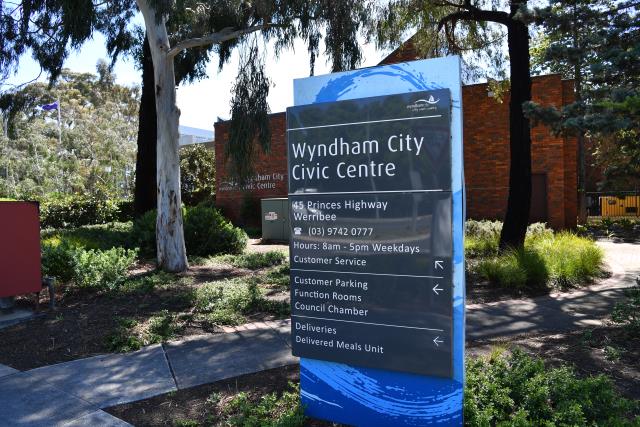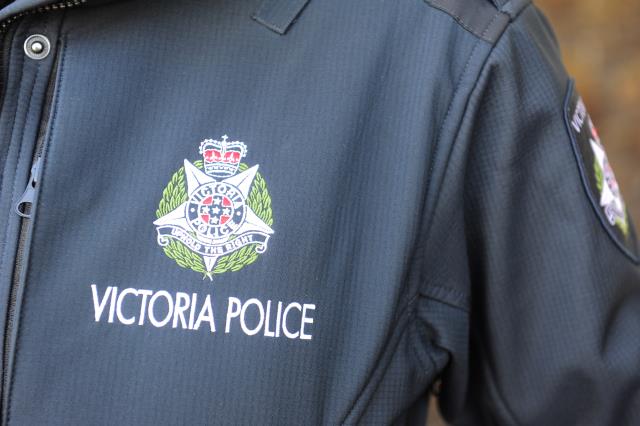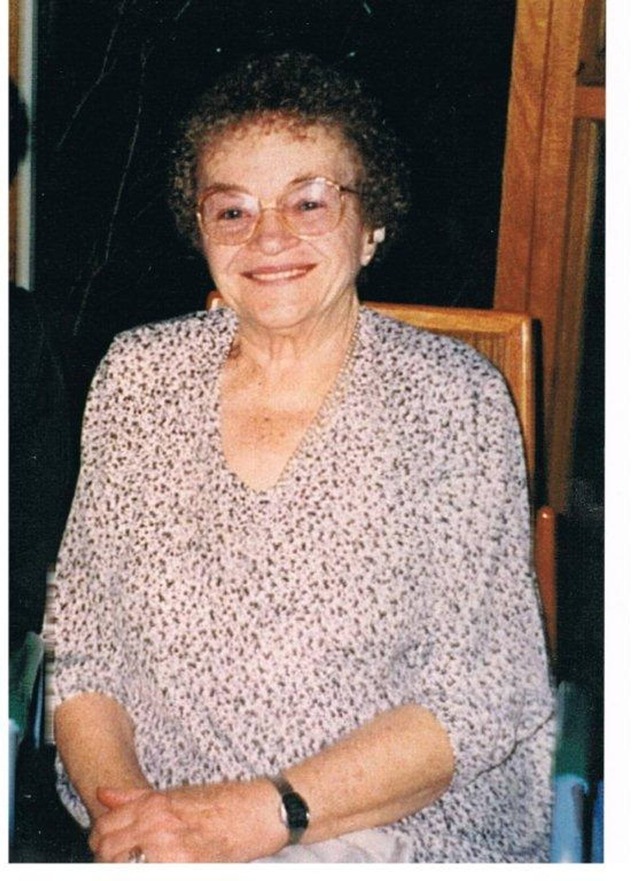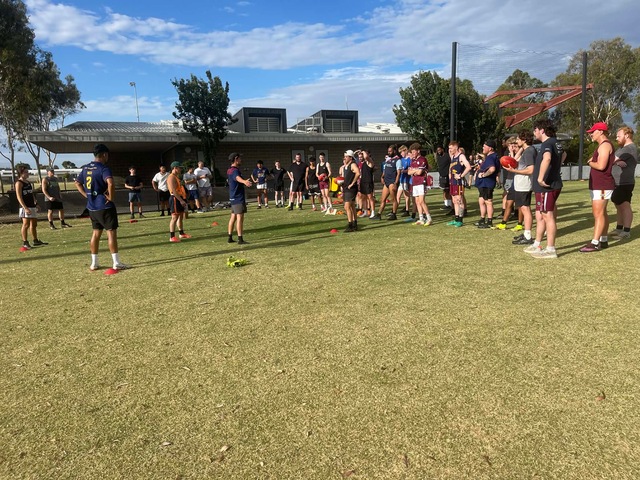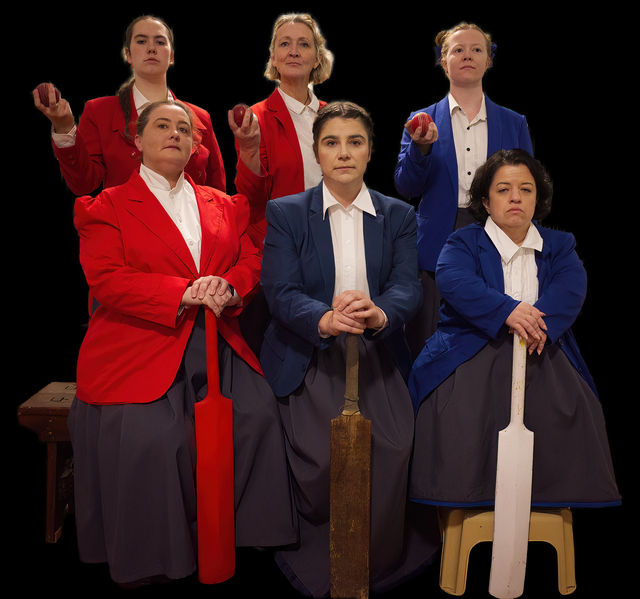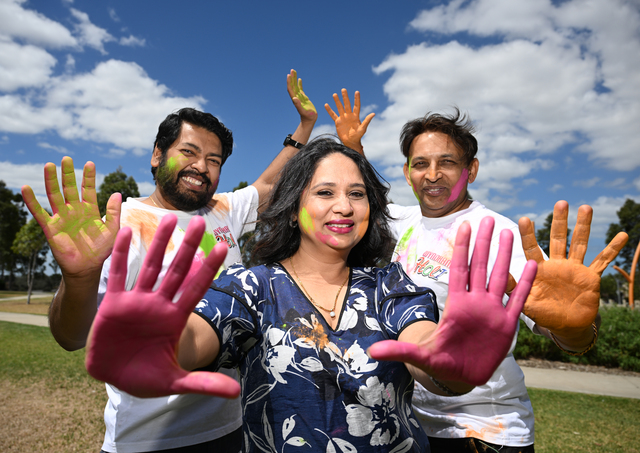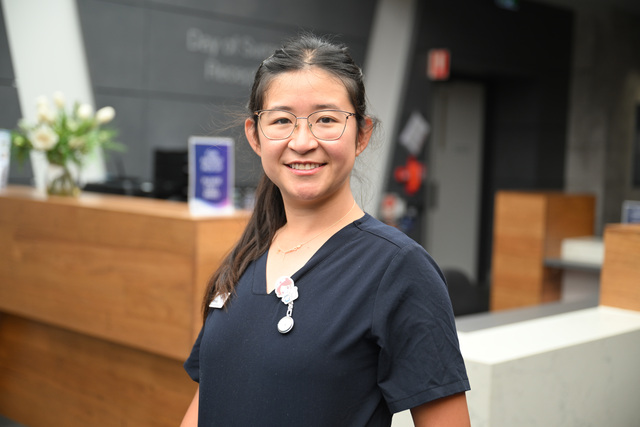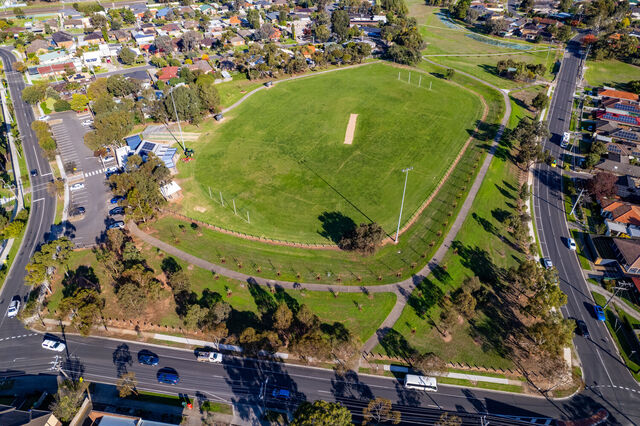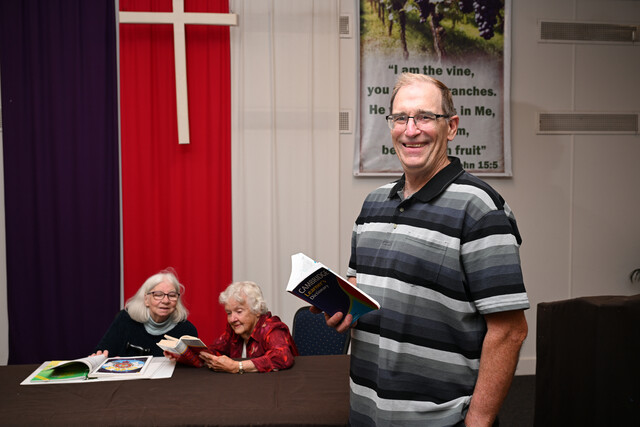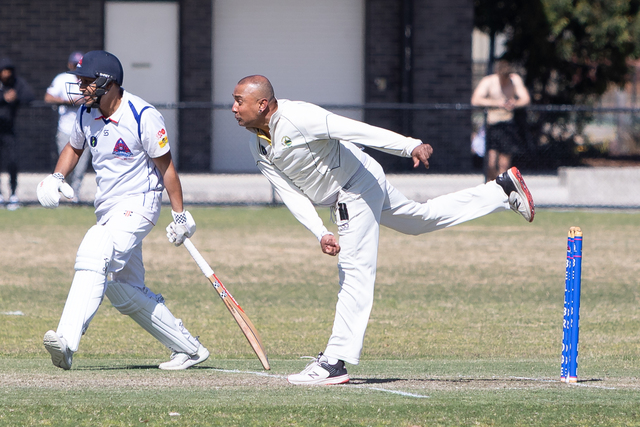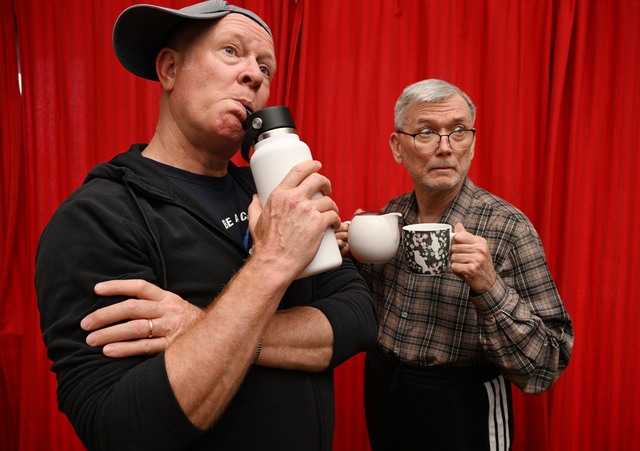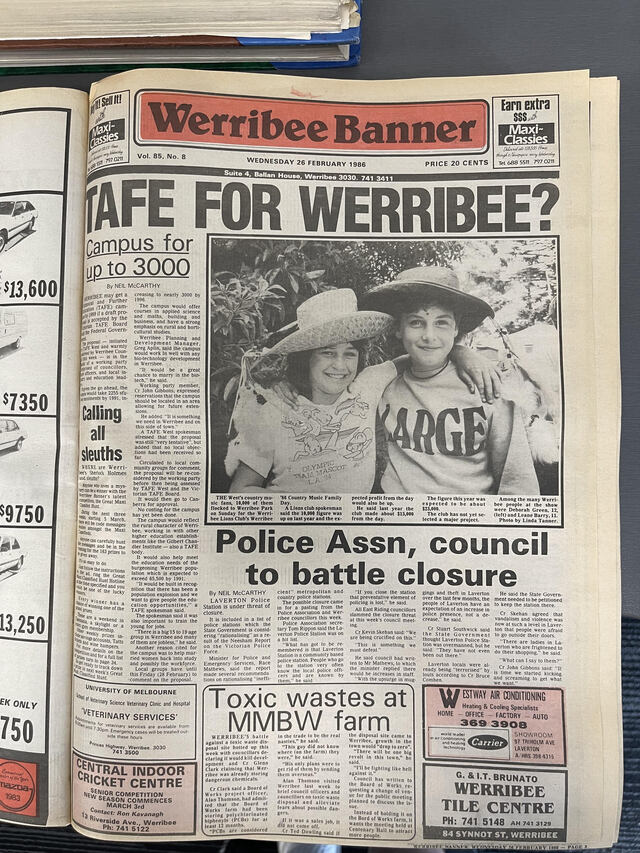Almost one in three of Wyndham’s low-income households is experiencing rental stress, triggering calls for an increase in public housing.
New figures from the Australian Bureau of Statistics reveal 30 per cent of renters in the Werribee and Lara electorates, which include Werribee, Werribee South, Wyndham Vale and Little River, are paying almost a third of their weekly incomes on rent.
In the Tarneit electorate, which includes Hoppers Crossing, Tarneit and Truganina, 27 per cent of renters are under rental stress, while in the Altona electorate, which includes Point Cook and Sanctuary Lakes, rental stress is affecting 20 per cent of low-income renters.
Households are considered to be under rental stress if their combined weekly incomes are $640 or less and they are paying 30 per cent or more of their incomes on rent.
Council to Homeless Persons chief executive Jenny Smith said rental stress was crippling families, particularly across the outer suburbs, including Wyndham, with research showing just eight out of every 100 rental properties in Victoria were affordable for people on low incomes.
“If you’re earning $640 or less a week and paying a third of that on rent you’re in dire straits, and yet this is the case for 120,000 households across Victoria,” she said.
“People on low incomes move further out to find cheap rent, but find that they’re still paying more than they can afford and are left with only a few dollars spare for groceries and bills. It’s a diabolical situation, causing stress, anxiety and contributing to family breakdown.”
LJ Hooker Werribee director Adrian McEvoy said demand for rental properties around Werribee and Hoppers Crossing was “very high”, with prices for an average three-bedroom house hovering between $280 and $330 a week – an increase of about 10 per cent in the past 12 months.
“We typically receive three to five applications from prospective tenants for each rental property up for lease,” he said. “Property owners are able to pick and choose who they have as tenants.”
Werribee Support and Housing chief executive Carol Muir said that with waits of up to five years for public housing, some of Wyndham’s most vulnerable residents were being forced into private rental properties.
“In our crisis program, we have come across people who are living without water, gas and electricity.
Once a week we come across people living in these conditions,” she said.
The Council for Homeless Persons and other welfare agencies are urging the state government to increase Victoria’s social housing stock from 3.4 per cent of Victoria’s housing to 5 per cent by 2020.

